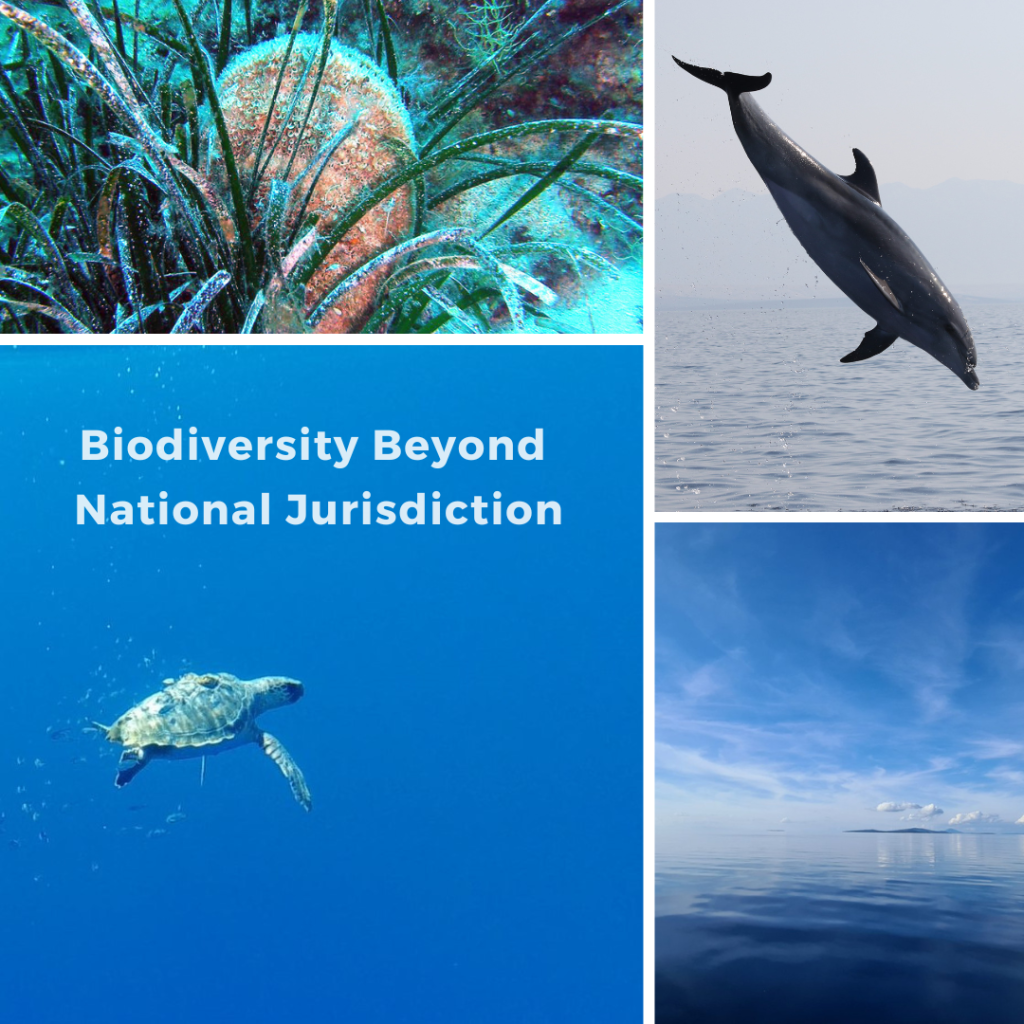Context:
The Union Cabinet, chaired by the Prime Minister, has approved for India to sign the Biodiversity Beyond National Jurisdiction (BBNJ) Agreement.
More on the news:
- This landmark decision marks a significant step towards ensuring the conservation and sustainable utilization of marine biological diversity in areas beyond national jurisdiction, often referred to as the ‘High Seas’.
- The Ministry of Earth Sciences will spearhead the country’s implementation of the BBNJ Agreement.
About BBNJ Agreement:
- The BBNJ Agreement, also known as the ‘High Seas Treaty’, is an international treaty established under the United Nations Convention on the Law of the Sea (UNCLOS).
- The BBNJ Agreement was agreed upon in March 2023 and is open for signature for two years starting September 2023. It will be an international legally binding treaty after it enters force 120 days after the 60th ratification, acceptance, approval or accession. As of June 2024, 91 countries have signed the BBNJ Agreement, and eight Parties have ratified it.
It addresses the growing concerns over the long-term protection of marine ecosystems beyond national borders. The agreement outlines a framework for:
- Sustainable Marine Resource Use: The BBNJ Agreement establishes mechanisms for the sustainable use of marine resources through international collaboration and coordination.
- Fair and Equitable Sharing of Benefits: Parties to the agreement cannot claim exclusive rights over marine resources from the High Seas and must ensure fair and equitable sharing of benefits derived from their utilization.
- Approach It adopts an inclusive, integrated, and ecosystem-centric approach, grounded in the precautionary principle. It encourages the use of traditional knowledge alongside the best available scientific knowledge.
- Environmental Protection: It promotes measures to minimize human impact on the marine environment through area-based management tools and environmental impact assessments.
- Contribution to Sustainable Development Goals (SDGs): The BBNJ Agreement is expected to contribute significantly to achieving SDG 14 – ‘Life Below Water’.
Benefits for India:
- Enhanced Strategic Presence: The agreement allows India to strengthen its strategic presence in international waters beyond its Exclusive Economic Zone (EEZ).
- Strengthened Marine Conservation Efforts: It bolsters India’s efforts toward marine conservation by fostering collaboration with other nations.
- Scientific Research and Development: It opens doors for new avenues in marine scientific research and development, providing access to critical samples, data, and information.
- Capacity Building and Technology Transfer: It promotes capacity building and technology transfer related to marine resource management, benefiting India and the international community.
High Seas: Beyond National Jurisdiction

The high seas comprise all parts of the sea that are not included in the exclusive economic zone, the territorial sea or the internal waters of a State, or in the archipelagic waters of an archipelagic State. They are often referred to as “areas beyond national jurisdiction” (ABNJ) because no single country has complete control over them.
key points about the high seas:
- Freedom of the Seas: The high seas are generally open to all states for activities like navigation, overflight, laying submarine cables, and scientific research.
- UNCLOS Framework: The United Nations Convention on the Law of the Sea (UNCLOS) provides the legal framework for the use of the high seas. It emphasizes the freedom of the seas while also establishing principles for responsible use and environmental protection.

